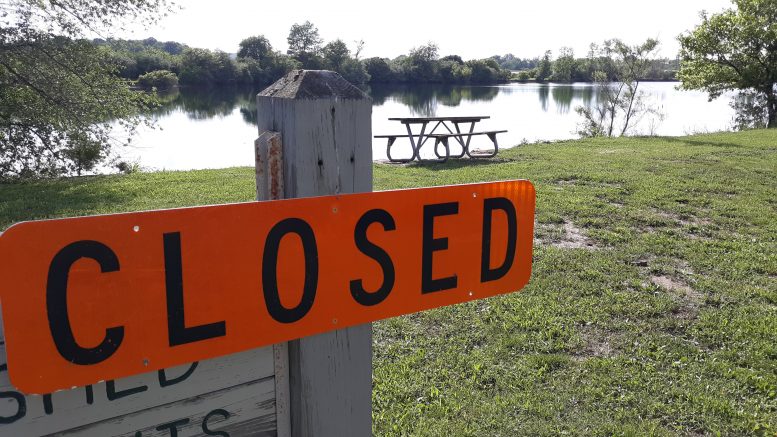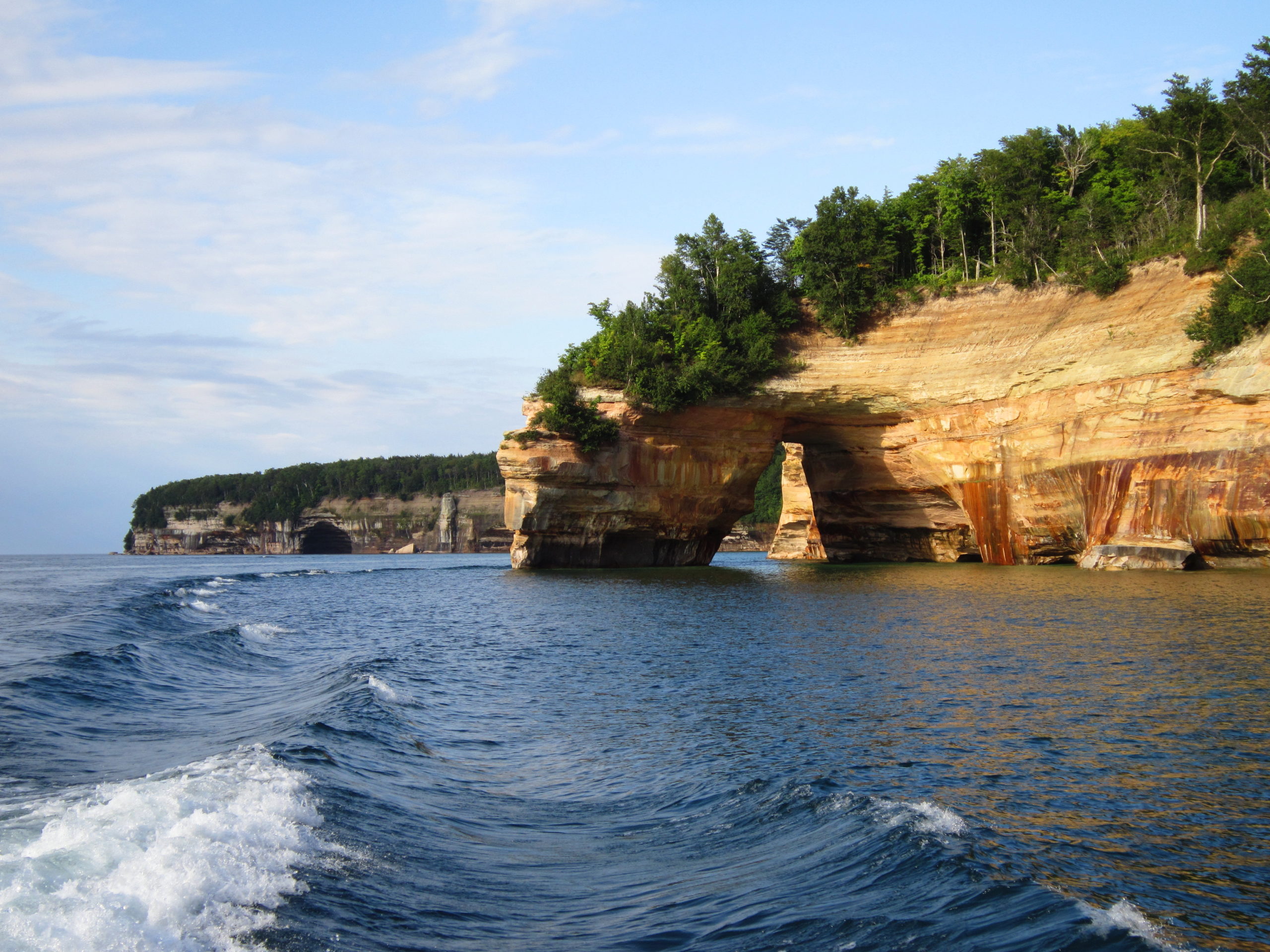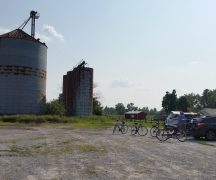By JAN LARSON McLAUGHLIN
BG Independent News
“Freakish weather” this spring caused a fish kill in a county park district pond.
The park district was first alerted to the problem by a fisherman who called about dead fish in the Adam Phillips Pond, located in the southeast corner where Interstate 75 and East Gypsy Lane Road cross on the south edge of Bowling Green.
Park staff responded, finding hundreds of dead fish, according to Jeff Baney, assistant director of the Wood County Park District. An expert was consulted, determining that the cause was “pond turnover.”
Pond turnover is a natural phenomenon, usually in warmer months, and normally only affecting a few fish. But the drastic weather changes this spring led to a “catastrophic” impact, Baney reported to the park district board on Tuesday.
It killed bluegill, smallmouth bass, crappie, bullheads and catfish in the eight acre pond that is 18 feet deep.
Some fish did survive, but the park district closed the pond to fishing for the time being.
Park District Director Neil Munger had no idea how many people used the pond as a fishing hole.
“Quite a few,” he said. “More than I ever knew, based on the calls I got.”
During a pond turnover, the water can become stagnant and stratify, which means it separates into distinct layers of cool and warm water. These waters start to mix when the surface water cools.
Normally, the process is gradual and occurs in pockets, so it’s not as detrimental to fish.
“It usually happens on a slower basis, and it’s not as dramatic,” Baney said.
When the water from the lower depths of the pond reaches the surface, it may not be as oxygenated as the previous surface water. This is because water in the bottom of the pond may have a higher organic matter content and fewer oxygen producing plants. This water also may contain gases, such as hydrogen sulfide and methane, which are toxic to fish.
Unlike a river, a pond is like a “giant bowl,” with oxygen not being replaced. Fish need dissolved oxygen to live.
The park district has called in a business called Lake Doctors to test the water and come up with a proposed cure.
One solution may be aerating the pond. According to Munger, the park district has an agreement with the county commissioners that both entities will share in the costs associated with the fishing pond.
The park district wants to replenish the pond, and may put in grass carp, which eat the plant material. They grow very quickly, but they do not reproduce, Munger said.
“We’re hoping that will curb it,” he said.





